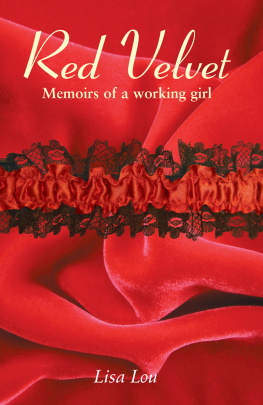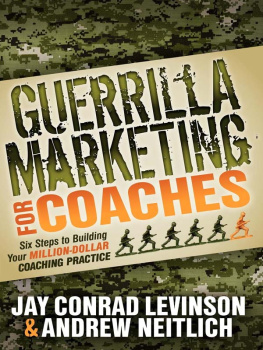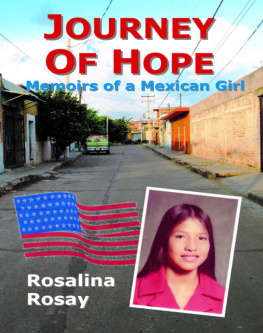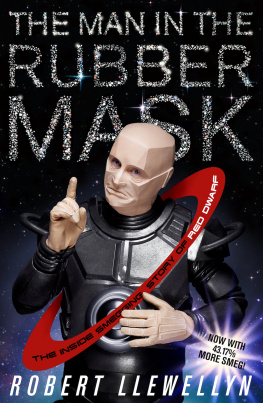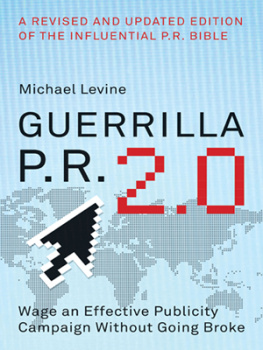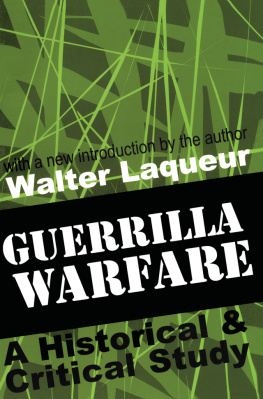Copyright 2016 by Donna Kaz
All rights reserved. No part of this book may be reproduced in any manner without the express written consent of the publisher, except in the case of brief excerpts in critical reviews or articles. All inquiries should be addressed to Skyhorse Publishing, 307 West 36th Street, 11th Floor, New York, NY 10018.
Skyhorse Publishing books may be purchased in bulk at special discounts for sales promotion, corporate gifts, fund-raising, or educational purposes. Special editions can also be created to specifications. For details, contact the Special Sales Department, Skyhorse Publishing, 307 West 36th Street, 11th Floor, New York, NY 10018 or .
Skyhorse and Skyhorse Publishing are registered trademarks of Skyhorse Publishing, Inc., a Delaware corporation.
Visit our website at www.skyhorsepublishing.com.
10 9 8 7 6 5 4 3 2 1
Library of Congress Cataloging-in-Publication Data is available on file.
Cover design by Laura Klynstra
Cover photo: Lyn Hughes
Print ISBN: 978-1-5107-0943-0
Ebook ISBN: 978-1-5107-0945-4
Printed in the United States of America
For Richard Charkham
Beyond the mountain is another mountain.
Haitian proverb
Nothings impossible I have found,
For when my chin is on the ground
I pick myself up, dust myself off,
Start all over again.
Dorothy Fields, Pick Yourself Up
CONTENTS

Photo by Lyn Hughes
MASKED
A S A CHILD I FELT POWERFUL . A faint but steady motor fluttered inside my rib cage, lifting my raw and fearless soul with every fanciful step I took. I was smart. I was beautiful. I was second-generation Polish-American. I could do anything. These characteristics would catapult me directly into an amazing adult life.
I would have gotten there had I not moved to New York City in the fall of 1977 and walked south down Fifth Avenue to Greenwich Village to look for work. I would have gotten there if the manager at Jimmy Days Bar and Restaurant on West 4th Street and Barrow had not hired me on the spot. I would have gotten there if the actor who worked at the theatre around the corner had not decided to have lunch at Jimmy Days my first week on the job.
For a long time I have attempted to rewind my narrative back to the confident young woman whose life lay before her. I have put my hands on her memory, pried it open, groped around and around to catch hold of who she was. I need her back. The artist on the brink cannot see the danger ahead. I want to tell her how precious is her talent. I want to tell her danger never looks like danger until it is too late. Her original, primal force is not to be given away.
I cannot do any of that. All I can do is take the rubber gorilla mask from the dressing room table and slip it over my head. All I can do is make my way to the wings and wait for my cue. All I can do is run onstage and grunt and growl and pound my chest until the audience laughs and claps and hollers and finally weeps when they understand I am here to tell them there are women all over the world who have been kept from living the lives they were born to, like me.
NEW YORK CITY
1977: A RENTED U-H AUL TRAILER HITCHED to the rear of my brother Kens Oldsmobile contains all of my possessions. Both car and trailer barely fit onto the narrow roadway of the 59th Street Bridge. We are headed for Manhattan. I am moving from Long Island to New York City to be an actress. Each time the trailer grinds against the side railing I think of the young, strong, smart, and funny female characters in brand-new plays I will soon have the chance to portray onstage.
Scrape! A pirate. Scrape! An Olympian. Scrape! A scientist.
My possessions barely fill the small bedroom in the big loft I have rented with two other women on the corner of 19th Street and Fifth Avenue. I use the near-empty fifteen hundred square feet to rehearse one-minute audition monologues and sixteen-bar songs.
I rise at dawn to attend open calls and appointments. I read pages from new plays, do my best to interpret vapid teenagers, despondent servants, and oversexed prostitutes with panache. Where are the smart female roles? I want to ask the men writing these plays, How about writing the part of a woman pirate with good leadership skills? I do not audition for a single character I would actually like to portray.
1982: I become a playwright.
My beloved friend and creative partner, Charles T. Harper, takes poems and journal entries I have written over the past ten years and together we shape them into my first play, which he directs and stages in the parlor of his spacious Upper West Side apartment. We cast the best actors we know and invite all our friends. It is a particular and personal artistic success. Soon afterwards I begin a new full-length play.
My new full-length play is picked up by a producer who invests in a workshop production. Charles directs. I use the play as a writing sample and receive a coveted invitation to the artists colony Yaddo to develop it. While I began writing plays for myself to act in, I soon lose the desire. I am content being just a playwright.
To earn a living I wait tables in a brand-new, cavernous restaurant across from Lincoln Center. Everyone who waits tables here, or most likely anywhere in New York for that matter, is really an artist: an actor or a writer or a dancer or a singer. Artists are good waiters because both jobs require some of the same skills. You have to have energy and passion. You have to be a fast thinker, be able to improvise. You have to use your imagination to invent descriptions of food you have never tasted and wines you have never sipped. You have to pretend there is no place you would rather be and nothing you would rather be doing than scribbling down, on a grease-stained dupe pad, precisely how someone wants their burger cooked.
At 7 p.m., an hour before every single person seated in my section has to have a glass or two of cheap wine, finish their this-is-much-too-big-for-one-person entre, drink a cup of thin coffee, and split a gooey dessert, my muscles tingle with the anticipation and eagerness of an opening night. I will make sure every one of my customers has an entertaining experience akin to the other show they will soon see at Lincoln Center. Waiting on tables is giving the performance of my career, table after table, night after night.
So why go home after my shift is through for a good nights sleep in order to rise early to write the next day? My artistic aspirations are spent and satisfied during my wait shift. A quick drink at the bar to unwind turns into two, then three. I get home later and later. On some nights I stay until the sun comes up, head home to crash for a few hours before I rise and repeat the pattern over and over again.
1986: My writing slows and stalls. Just when it seems I am going to be gobbled up by my routine and wait tables forever, the producer who picked up my first full-length play offers me a job with her film development company. I start as a script reader, writing detailed analysis, called coverage, of what potential, if any, newly published novels have to be made into feature films. When the company produces their first movie I am sent on location to Philadelphia and thrown onto the crew as an assistant director. I love this new work, and so when the company closes their New York office and offers me a position in their Los Angeles branch, I accept.


